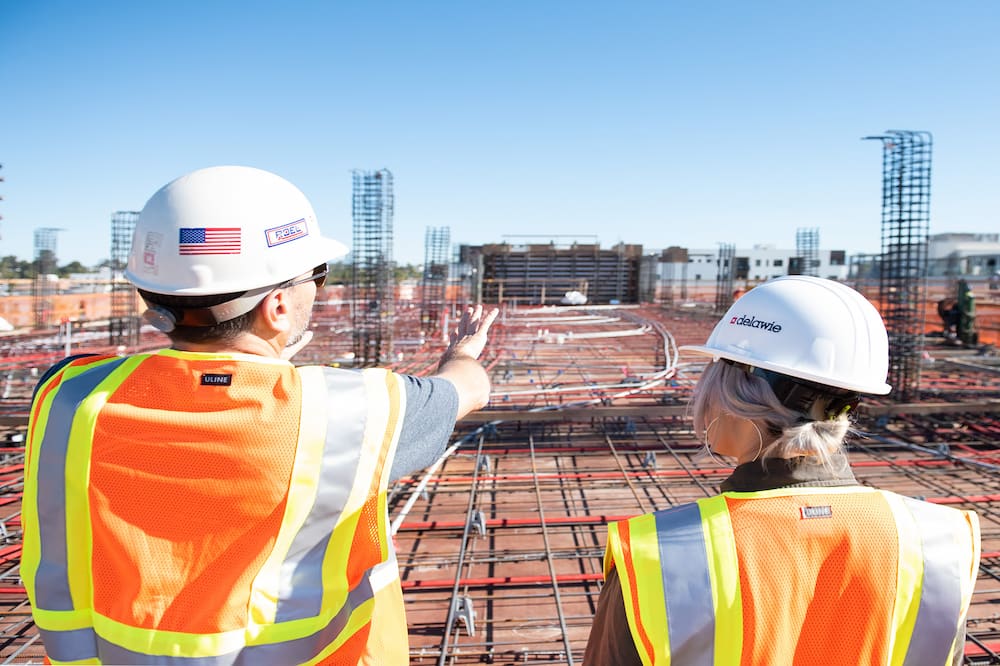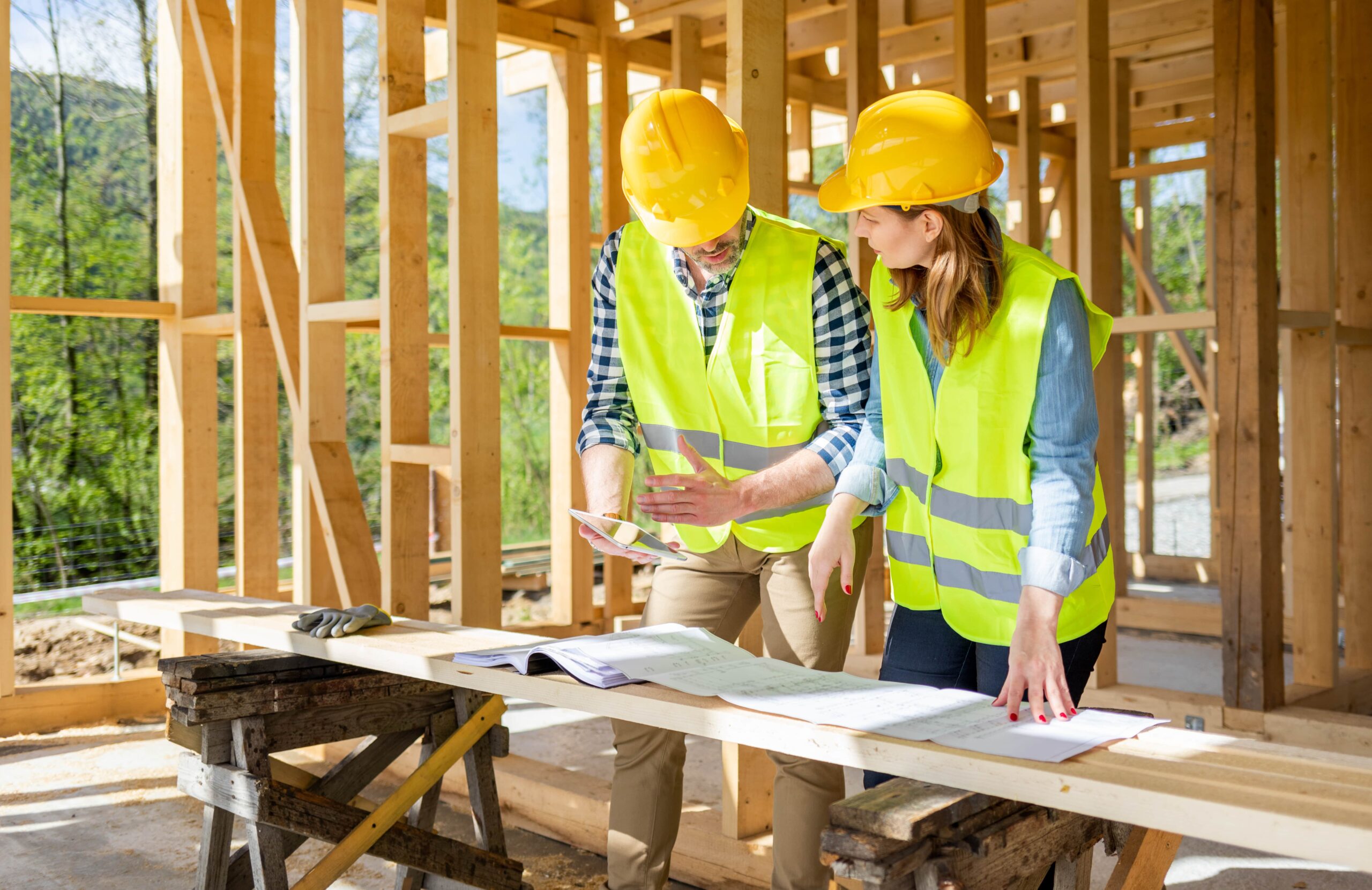This blog post explains what CHAS stands for in construction. It straightforwardly covers the basics of CHAS, so you can understand what it stands for and why it matters. Credit: Beaconrisk CHAS stands for Contractors Health and Safety Assessment Scheme. It is a health and safety accreditation scheme specifically for the construction industry in the UK. Obtaining a CHAS membership demonstrates a contractor’s commitment to health and safety best practices. In our opinion, CHAS is an important accreditation for contractors in the construction industry. It provides a standardised way for clients to assess the health and safety compliance of contractors. We believe CHAS helps improve health and safety across the industry by promoting good practices. Construction sites can be hazardous, so schemes like CHAS that ensure high standards are beneficial for all parties. CHAS stands for the Contractors Health and Safety Assessment Scheme. It is a trusted health and safety accreditation programme in the UK construction industry. Specifically, CHAS refers to: The CHAS acronym is well-known across the UK construction sector. When a contractor has CHAS accreditation, it demonstrates they have undergone assessment and meet benchmarked health and safety requirements. CHAS was founded in 1997 by construction industry bodies to be the common health and safety assessment standard. It is now one of the UK’s best-known safety accreditation schemes. In summary, CHAS stands for an important health and safety accreditation programme contractors can obtain. It shows they comply with leading workplace safety standards in British construction. Credit: CHAS Now that you know CHAS stands for Contractors Health and Safety Assessment Scheme, you may be wondering—what exactly does CHAS accreditation involve? Obtaining CHAS accreditation is a rigorous process that verifies a contractor’s health and safety competence. There are a few key steps: CHAS accreditation must be renewed annually. This involves updating paperwork and undergoing an annual audit to confirm ongoing compliance. There are three tiers of CHAS accreditation: registered, compliant and accredited. The higher tiers involve more rigorous assessment. Accredited status is the gold standard. In short, obtaining CHAS accreditation is an in-depth process. It assures that a contractor has the health and safety policies, risk assessments, training and more required by law and industry standards. If you are a contractor working in the construction industry, CHAS accreditation is essential. Here’s why: Many public sector organisations and private companies now require their contractors to have CHAS accreditation. This includes government departments, local authorities, housing associations, NHS trusts, banks, retailers and more. Without CHAS accreditation, you may not be eligible to bid for contracts with these clients. CHAS accreditation shows you take health and safety seriously. It demonstrates to clients that you have the necessary policies, risk assessments, training and more in place. This provides clients with assurance and can give you a competitive advantage when tendering for work. Having CHAS accreditation protects you and your business. It reduces the risk of accidents and incidents occurring, which could lead to legal action, fines or even imprisonment. Going through the CHAS assessment process helps ensure your health and safety practices meet the required standards. In short, CHAS accreditation opens doors to new business opportunities and gives you peace of mind that your health and safety responsibilities are covered. Most contractors view it as an essential business investment. Getting CHAS accredited may seem daunting, but breaking it down into steps makes the process more manageable. First, choose which CHAS assessment route suits your business. The standard route costs £1,185+VAT for the initial assessment and £600+VAT annually. The limited company route costs £1,275+VAT initially and £705+VAT per year. Next, gather the required documents like health and safety policies, risk assessments, training records and insurance certificates. Having clear, comprehensive paperwork in place is key. The assessor will want to see you meet all the CHAS standards. Book your assessment date, then undergo your desktop and site audits. Desktop audits involve submitting your documentation online or by post. Site audits take place at your premises or construction sites. Assessors will want to observe how your policies translate into practice. Finally, if your assessment is successful, you’ll be granted CHAS accreditation. This is valid for one year, after which you’ll need to renew. Maintain your health and safety standards and keep documents up-to-date for renewal audits. It takes diligence and hard work, but achieving CHAS accreditation demonstrates your professionalism. And it can unlock more business opportunities in the long run. Gaining CHAS accreditation has numerous advantages for construction companies like yours. It shows you meet rigorous health and safety standards and comply with legislation. The CHAS certificate gives you a competitive edge when bidding for contracts, especially in the public sector. Many local authorities and housing associations require CHAS or equivalent accreditation as a minimum requirement. Displaying the CHAS logo also assures clients that you take health and safety seriously. They can have confidence in your commitment to legal obligations and best practices. Internally, going through the CHAS process can highlight areas for improvement in your health and safety procedures. It’s a chance to tighten up policies, training and compliance. In a high-risk industry like construction, CHAS accreditation helps ensure your staff and site workers are protected. It shows you value their welfare and safety. While gaining CHAS status demands time and resources, it can pay dividends. Consider the benefits as you work through the process. CHAS stands for Contractors Health and Safety Assessment Scheme. A CHAS assessment is an evaluation of a contractor’s health and safety processes and compliance. It aims to ensure contractors meet industry standards for health and safety. No, CHAS is not a legal requirement. However, many clients require CHAS registration from contractors before awarding work. No, CHAS and SSIP are two different health and safety assessment schemes. SSIP focuses on the rail industry while CHAS covers the wider construction industry. CHAS stands for the Contractors Health and Safety Assessment Scheme in the construction industry. It is an accreditation scheme that verifies a contractor’s health and safety processes meet industry standards. Obtaining CHAS shows a commitment to health and safety best practices.
What Does CHAS Stand for in Construction?

Key Points
Our Opinion
What Does CHAS Stand For?
CHAS Accreditation Explained

Who Needs CHAS Accreditation?
How to Get CHAS Accredited
Benefits of CHAS Accreditation
FAQ
What does the CHAS stand for?
What is a CHAS assessment?
Is CHAS a legal requirement?
Is CHAS and SSIP the same?
Conclusion
